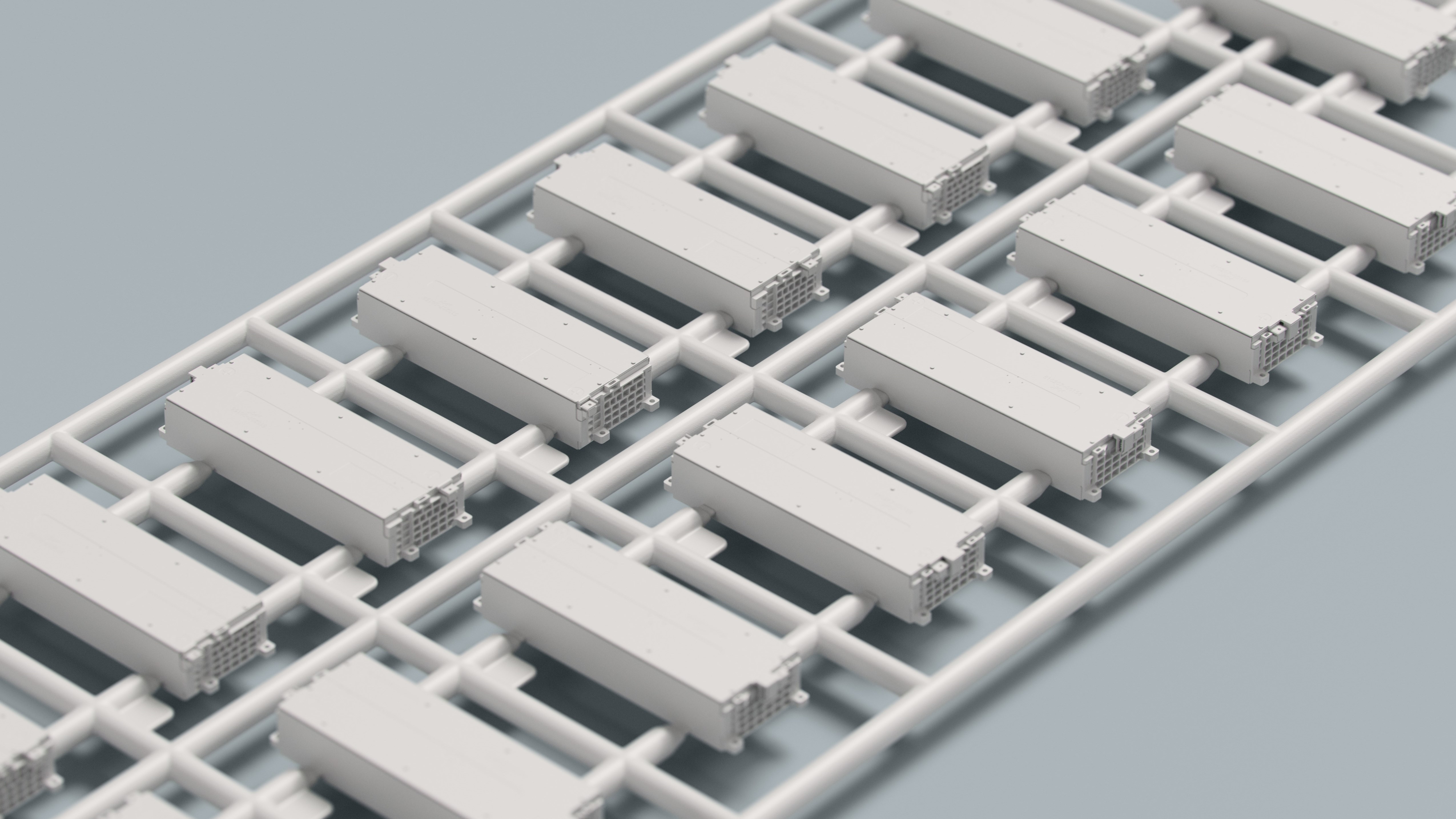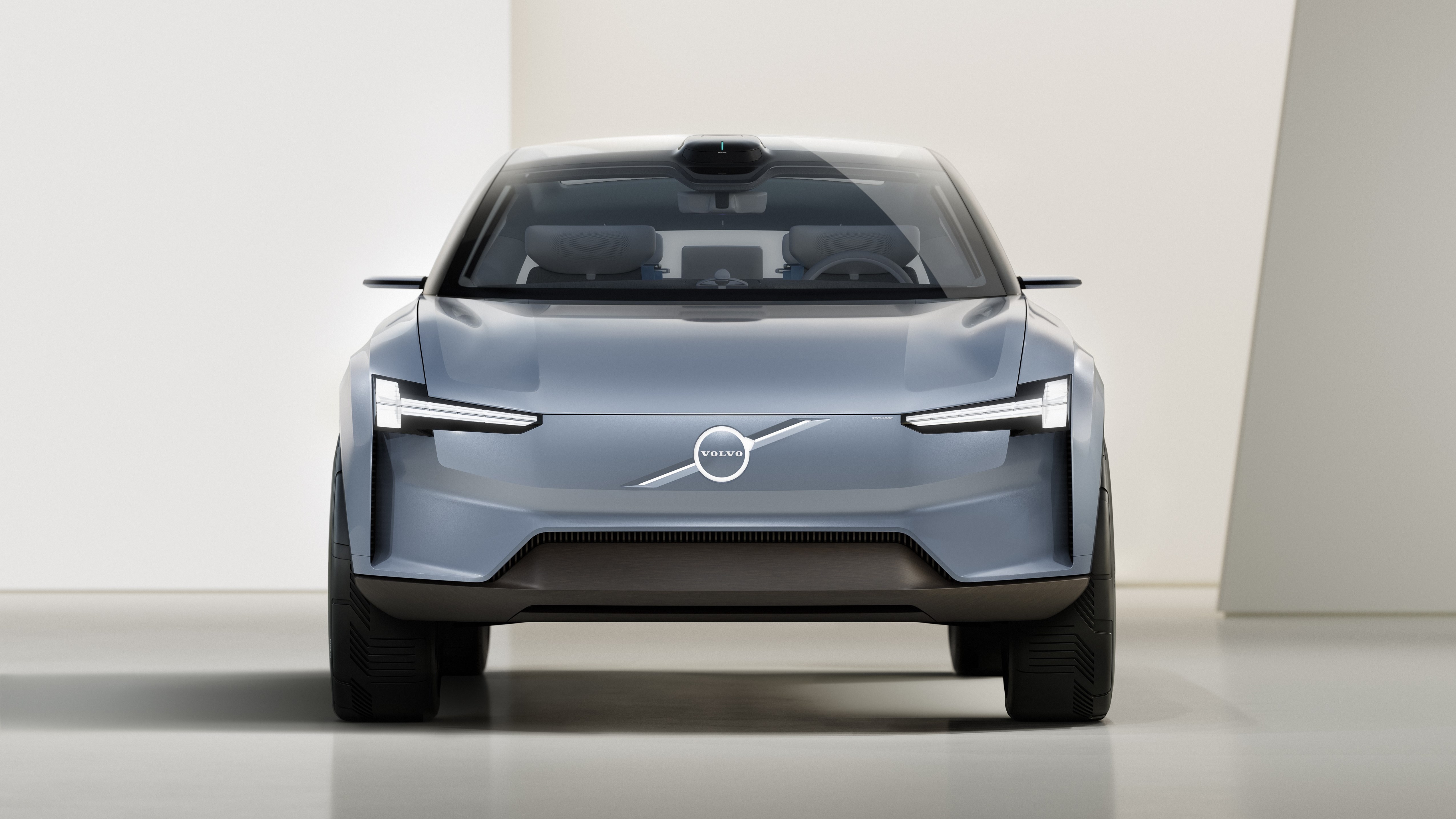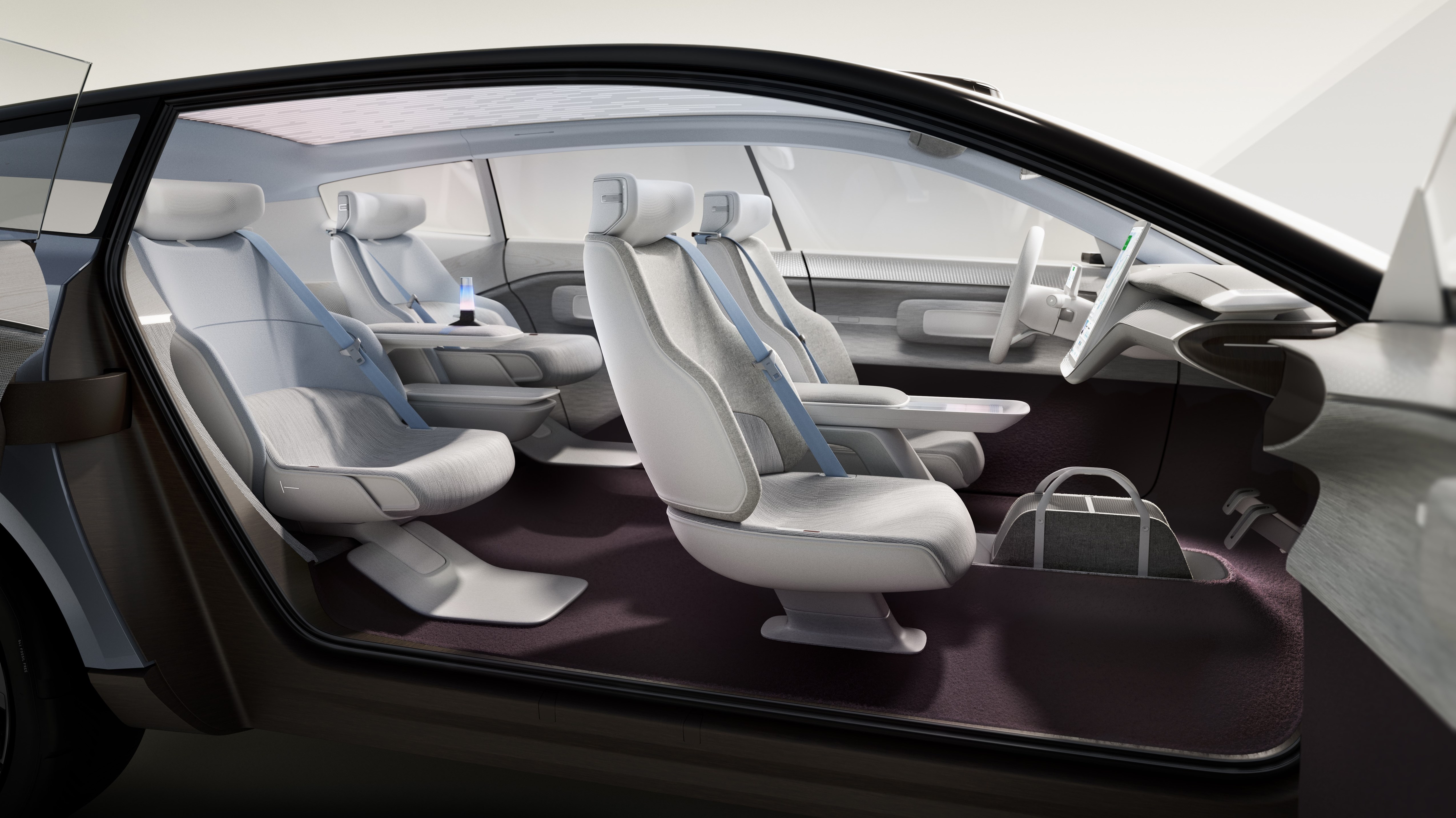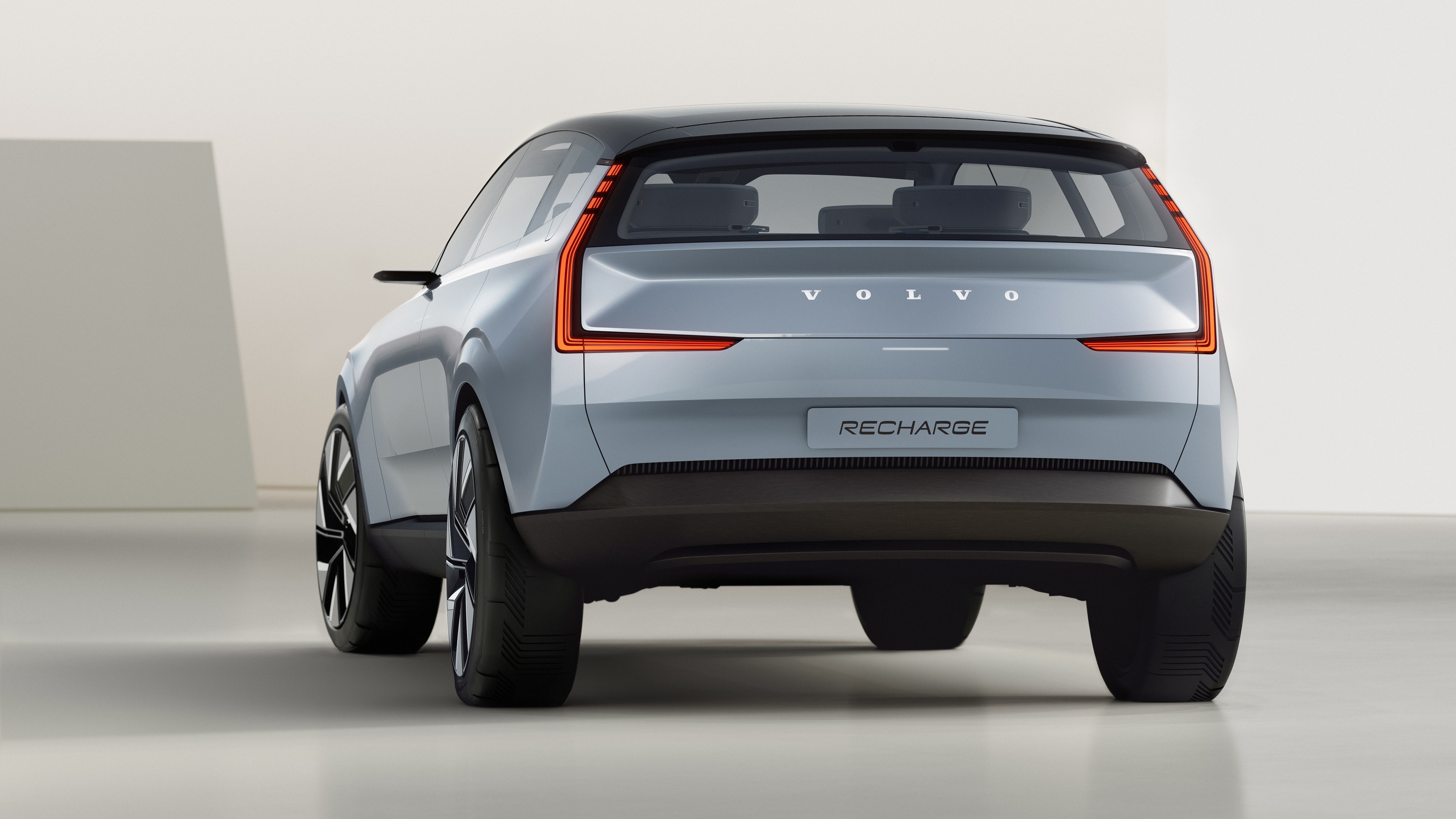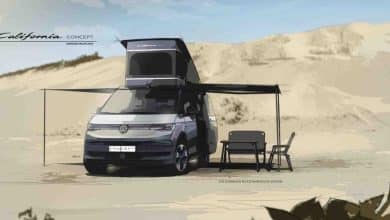Volvo plans to increase battery density by 50%

Also as part of its Tech Moment online event, Volvo unpacked its electrification projects to us. As it aims to market only electric vehicles by 2030, the Sino-Swedish manufacturer, now owned by giant Geely, promises that its next generation of batteries will be more compact, more efficient and much more efficient.
Volvo explained to us that improving the energy density of a battery cannot be possible without improving the materials used. To achieve its ends, the manufacturer will integrate silicone into the graphite of the anode, allowing the batteries to exceed an energy density of 700 Wh / L. In other words, these batteries can be more efficient and offer more autonomy without being more bulky.
These advancements will allow Volvo to switch to the second generation of batteries, which it plans to bring to market by 2025.
But the manufacturer wants to go even further. Its third generation of batteries, expected towards the end of the decade, will rely mainly on solid electrolyte technology. These are the batteries that will allow Volvo to meet its energy density targets of 1,000 Wh / L and deliver real ranges of 1,000 kilometers or more.
The increase in energy density will also allow the batteries to be less bulky and thus to be placed in different places in the vehicle. These batteries, thinner and lighter, will then make it possible to increase the structural rigidity of vehicles and thus improve their road holding as well as their degree of safety.
Volvo also wants to innovate in terms of battery cells by partnering with the Swedish specialist in the field, Northvolt. Thanks to this partnership, Volvo will not only be able to appropriate dedicated cells, but also to benefit from new, cleaner assembly and recycling processes.
New batteries will lead to new designs
Volvo took the opportunity to explain to us that these technological advancements will open the door to a whole new generation of automotive design.
The Recharge concept also gives a foretaste of the manufacturer’s next stylistic direction. It is a stout and spacious utility vehicle that demonstrates the gains in passenger space and structural rigidity due to the new batteries. Volvo says creative ideas that have long been held back due to safety constraints – like reverse doors – may finally see the light of day thanks to structural improvements that next generations of electric platforms will bring.
Volvo certifies that its next flagship SUV (the XC90), which is due in 2022, will begin to integrate these new technologies as well as its new Volvo Ride autonomous driving system.

